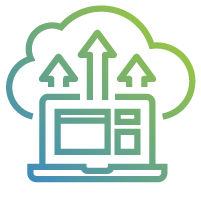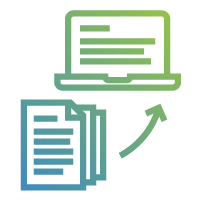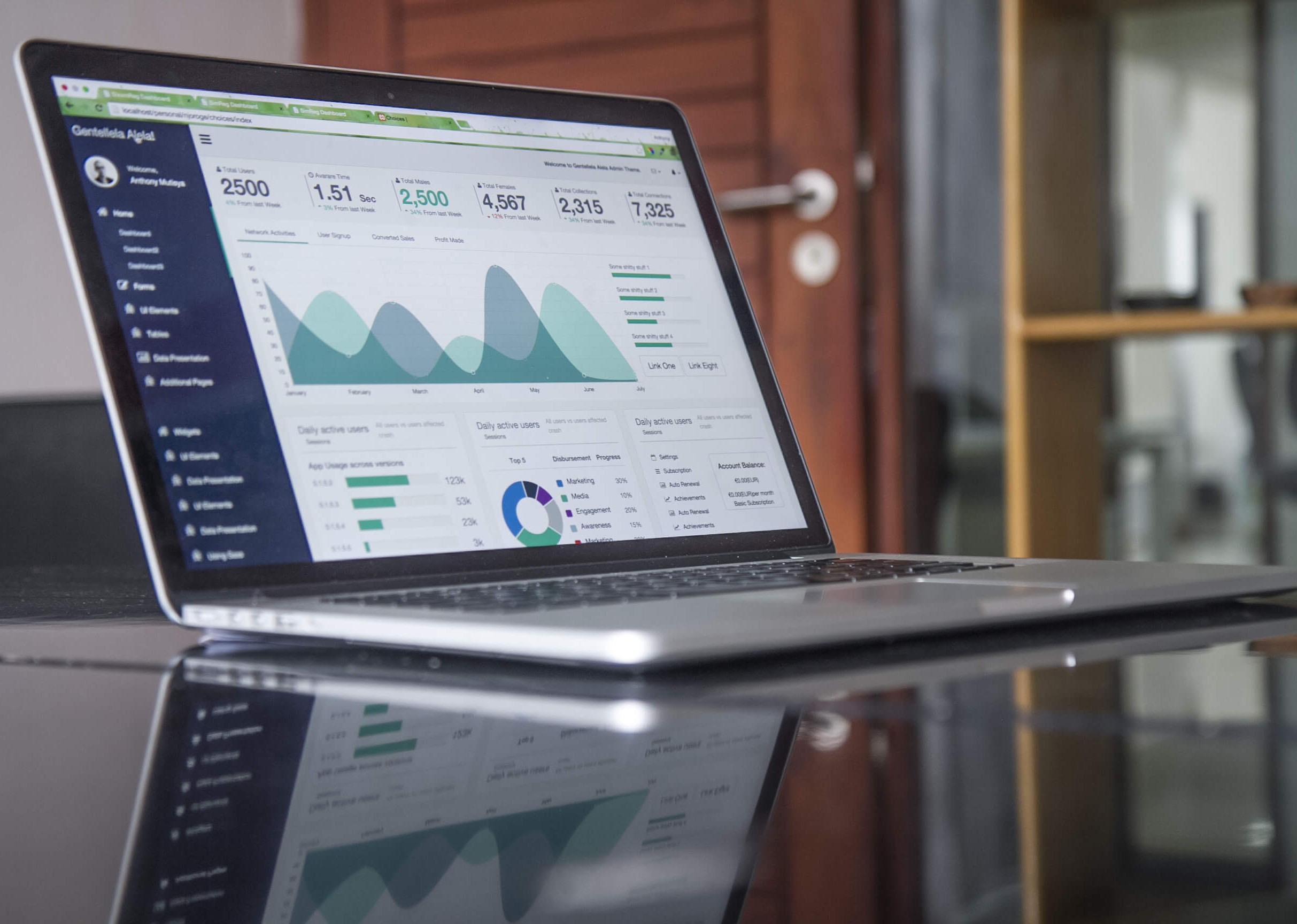Digital Tax Administration Systems
Take Your Digital Transformation to the Next Level With Qualysoft’s Expertise
Enabling Efficiency, Compliance, and Taxpayer Empowerment
Technology is a mere tool that enables the vision of the modern digital tax administrations (3.0) to cut costs, minimize tax fraud, simplify taxpayer services, empower employees to deliver new higher-value services and obtain insights on the current status and future evolution of the economy.
A sustainable tax technology infrastructure benefits tax administrations as well as taxpayers, securing efficient tax compliance, and increasing taxpayer satisfaction and voluntary compliance.
Achieving this digital transformation involves, besides an innovative digital taxation solution and a successful (proper) implementation, a proper holistic vision and strategy.
In conclusion, in order to succeed, you need a fully articulated implementation plan and an appropriate configuration of the tried-and-tested tax administration off-the-shelf solution.

Your Trusted Partner for Digital Tax Administration Transformation
Expertise, flexibility, and trustworthiness, all provide strong foundations for governments worldwide to partner with Qualysoft on their road to digital tax administration complete transformation. We rely on our strong expertise in the successful modernization and implementation of large-scale projects like the digital transformation of Albanian and Indonesian tax administration systems. Our professionals have years of experience in Tax Administration Software Development, Implementation, and Project Management.
We deliver consulting services to national customs and tax administrations in the field of process analysis, change management, and modernization projects. Our experience includes extensive knowledge of customs and taxation legislation worldwide, and, in the implementation of this highly complex software, we worked under the supervision and in close cooperation with the International Monetary Fund (IMF), which confirmed the successful implementation of our software.

The Roadmap to Tax Administration 3.0
Traditionally, tax administrations relied on forms and reports, often submitted on paper and sometimes electronically. This approach, called “Tax Administration 2.0”, was dominating in the last decades. An outdated tax administration system can result in inefficiency, lack of accuracy, difficulty in enforcing compliance, limited taxpayer engagement, high maintenance costs, security risks, and limited scalability. These challenges can negatively impact the efficiency and effectiveness of tax administration and the taxpayer experience. Tax administration 2.0 impose a heavy burden on the taxpayer and the tax administration alike.
These issues can be addressed with a modern approach to tax administration that prioritizes technology, data analytics, and collaboration to improve the taxpayer experience and increase operational efficiency. The aim of Tax Administration 3.0 is to transform the traditional tax administration process into a more automated, data-driven, and proactive system. This includes digital portals, online tax filing, real-time data analysis, and easy communication with taxpayers. The goal is to provide taxpayers with a user-friendly experience while improving compliance and protecting revenue for tax authorities. By adopting this approach, tax authorities can stay relevant and effective in the digital age.

Outcome
Qualysoft sustained Albania and Indonesia with a modern approach to tax administration (Tax Administration 3.0) that leverages top software, data analytics, and collaboration to enhance the taxpayer experience, improve tax compliance, and increase operational efficiency.
The focus of Tax Administration 3.0 is on delivering a user-friendly and seamless tax experience to taxpayers, while also providing tax authorities with the tools and data they need to work effectively and enforce tax laws and protect revenue.
With the increasing use of digital technology and data analytics, Tax Administration 3.0 aims to transform the traditional tax administration process into a more automated, data-driven, and proactive approach. This includes the use of digital portals, online tax filing systems, and real-time data analytics to streamline the tax administration process and provide taxpayers with real-time information on their tax obligations and compliance status.
By adopting this modern approach from Qualysoft, Albania, and Indonesia tax authorities can ensure that they remain relevant and effective in an ever-changing digital landscape.
The overall benefits, for both citizens and the government, are:

1. Improved collection
of tax revenue

2. Transparency
from a reliable and trustable public administration

3. Easy-to-use self-service processes
like filing and reporting

4. Efficient risk management
and antifraud measures

5. Cost savings
on administrative activities

6. Automatic double bookkeeping
and less room for human error

Qualysoft’s Digital Tax Administration System
A tried and tested solution
Implementing a modern digital tax administration system requires a tried and tested approach that involves careful planning, collaboration, and implementation of a software solution. Based on our experience, our core competence is in implementing and configuring digital tax administration systems due to our:
-
Technical expertise in adapting/configuring/modifying the COTS: We developed a deep understanding of top technologies and digital tools required to configure the system.
-
Project management experience: We have a proven track record of delivering successful projects on time and within budget.
-
Knowledge of tax administration: We have a strong understanding of tax administration processes and requirements, laws, tax types, and we are able to provide expert guidance and support to tax authorities worldwide.
-
Positive reviews and evaluations from the General Directorate of Taxes (GDT) Albania, International Monetary Fund (IMF), New York State Tax Department.
-
Flexibility and scalability: We adapt to changing requirements and be able to scale the system as needed to meet the evolving needs of taxpayers and tax authorities.
Start your journey to reach Tax Administration 3.0 and contribute to sustainable economic development
 Discover what a feasibility study from Qualysoft on the digitalization of tax administration entails!
Discover what a feasibility study from Qualysoft on the digitalization of tax administration entails!
Related Solution



